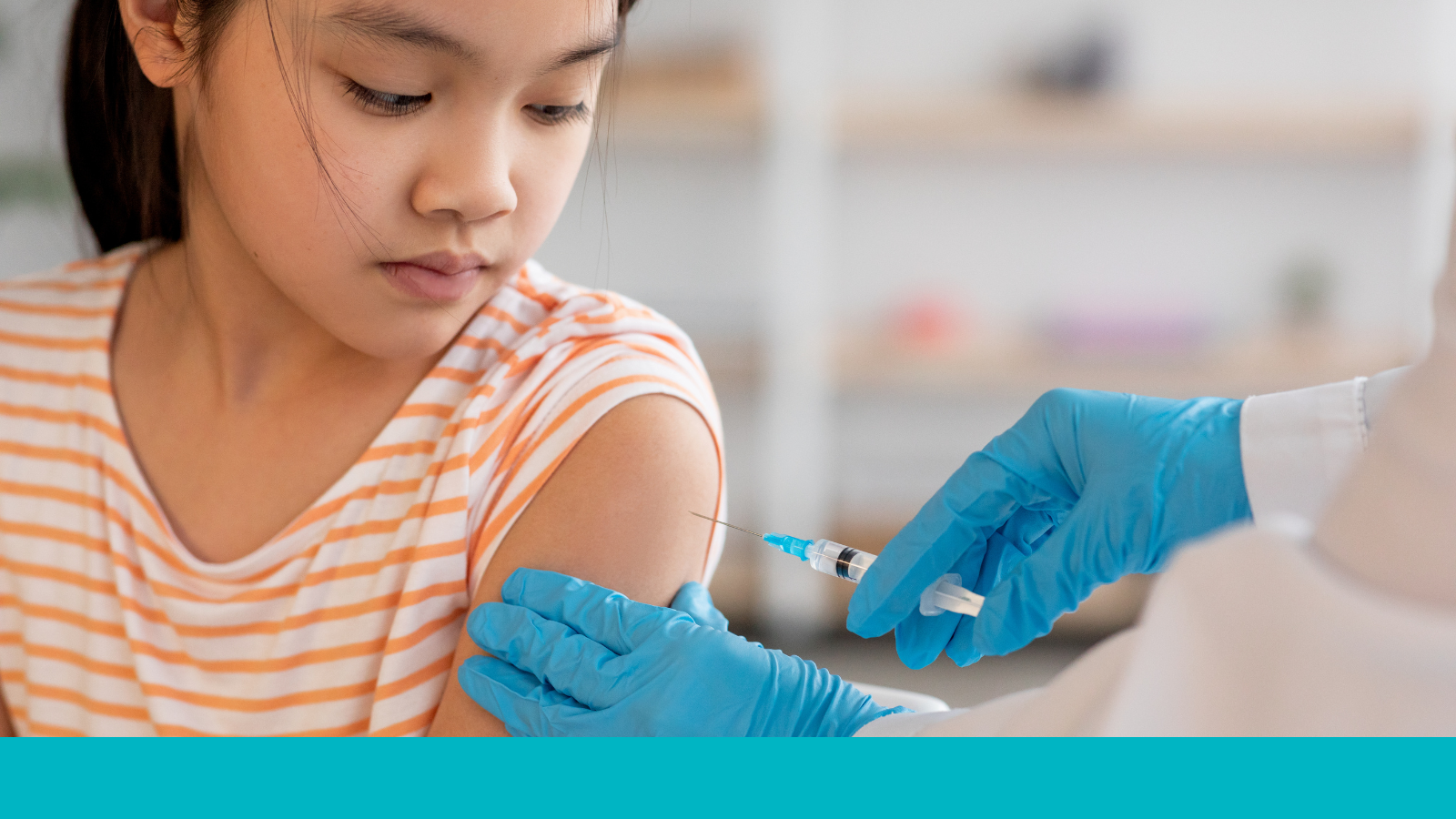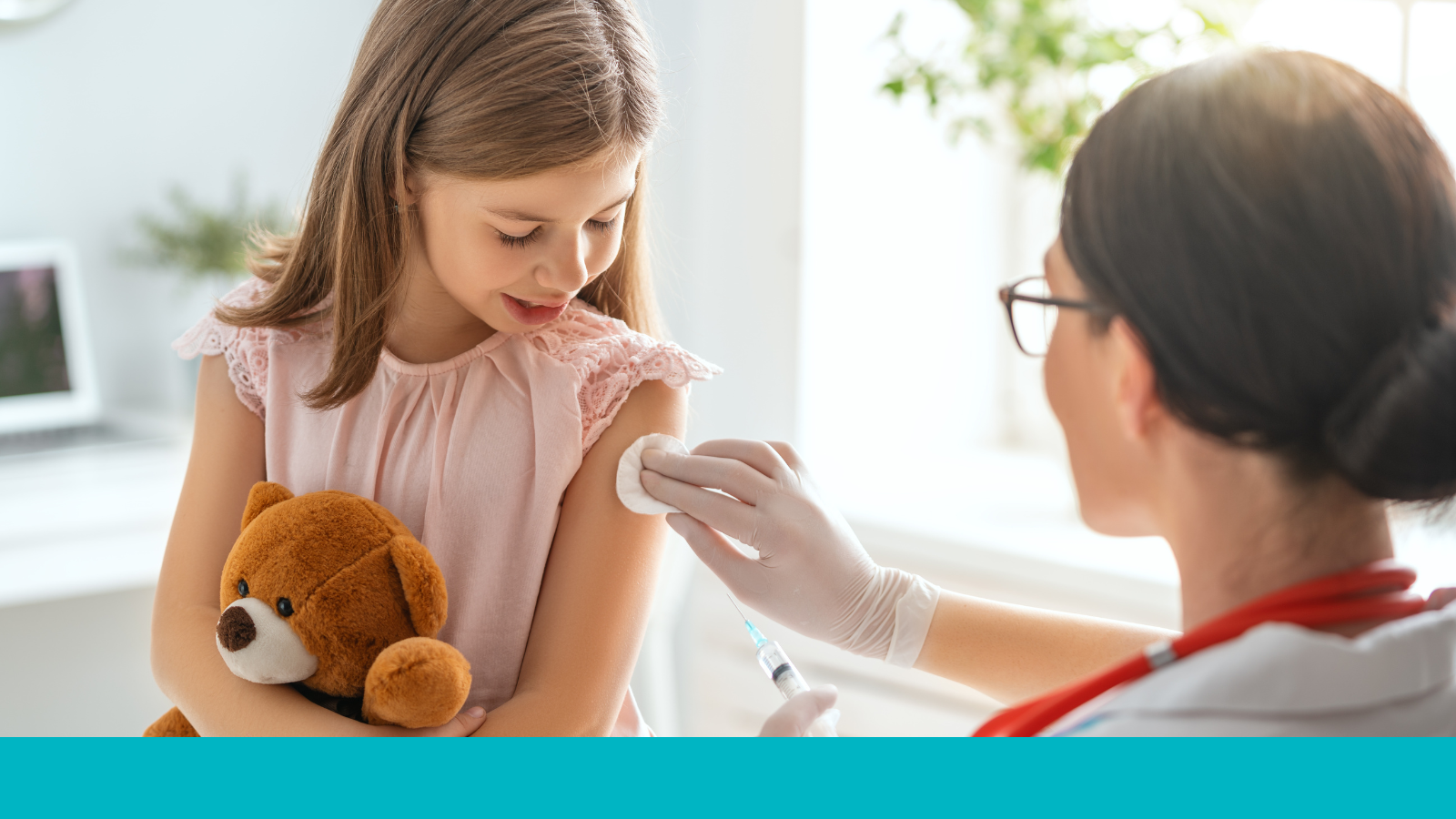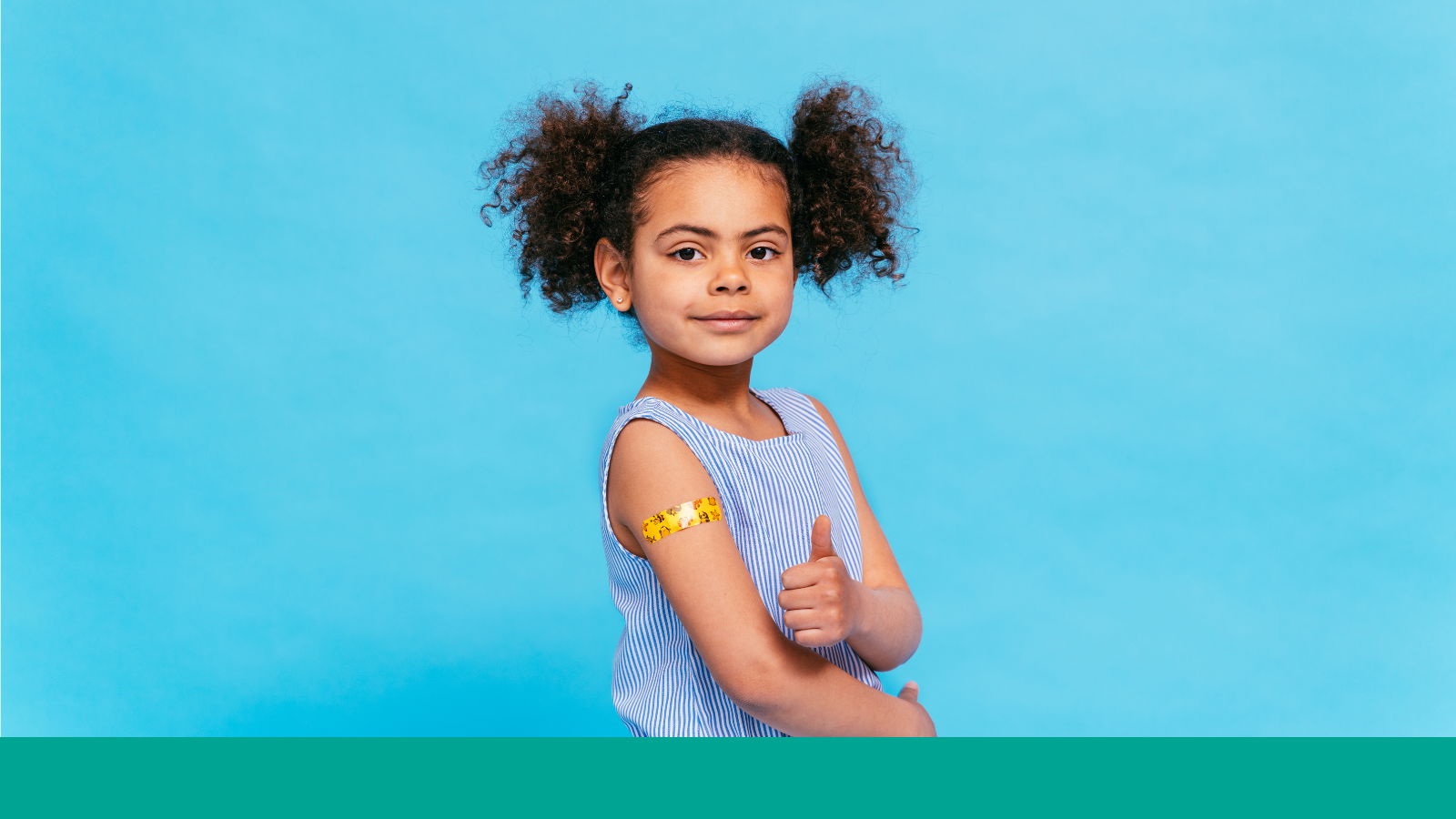Talking Points
About Pediatric Vaccines
- Following the CDC’s schedule of recommended vaccines is the most effective way to protect infants, children, and teens against 16 preventable, potentially serious diseases.
- The 2024-25 flu season has resulted in the highest number of pediatric deaths from the flu over the last 15 years. This has happened as flu vaccination rates have declined in children in the U.S. Vaccination is the best protection against a potentially life-threatening flu infection. Flu vaccination is recommended for everyone 6 months or older.
- The recommended vaccine schedule begins at birth to protect infants before they are exposed to diseases such as measles, polio, and whooping cough. As children grow, they need to receive additional vaccines to extend their protection against these diseases.
Safety and Effectiveness
- Safety: In the United States, vaccines are carefully tested and closely monitored by many health experts and organizations. According to the CDC, the United States currently has the safest vaccine supply in its history.
- Effectiveness: Without vaccines, children and their adult caregivers are at higher risk for the serious side effects of preventable diseases, including disability and death. According to a report by the CDC, among children born between 1994 and 2023, routine childhood vaccinations prevented:
- 508 million cases of illness
- 32 million hospitalizations
- 1.13 million deaths
Side Effects
- The most common side effects of pediatric vaccines are very minor, such as mild pain and swelling in the area where the shot was given, a low-grade fever, and irritability.
- Severe allergic reactions may also occur, but they are very rare.
Staying on Schedule
- Document each vaccine your child receives and keep these records in a safe place. Keeping track of your child’s progress against the vaccine schedule helps ensure your child stays healthy.
- Additionally, your child may need to show documentation of their vaccines to go to school and after-school activities, travel abroad, and apply for certain jobs.
- If you do not have your child’s vaccination records: contact the doctor(s) and/or clinic(s) who have previously given your child vaccines. You can also contact your state’s immunization registry or your child’s school.
- If you cannot find your child’s vaccination records: talk to a healthcare provider about the best next steps for keeping your child safe and healthy.





